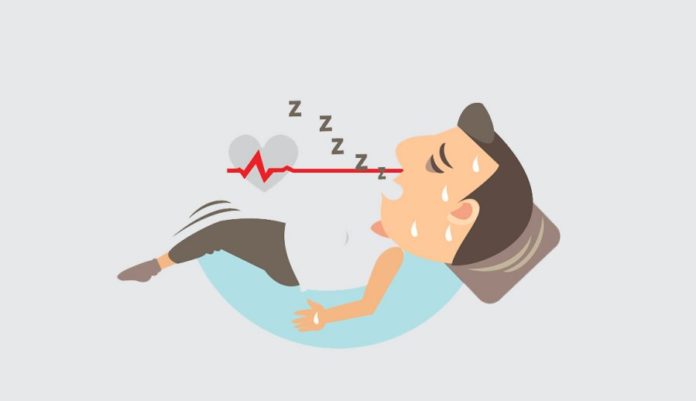If you’ve struggled with sleep apnea recently or in the past, you’re not alone. According to the CDC, 1-in-3 adult Americans don’t get enough sleep. The global figure is even higher. Up to 62% of adults worldwide say they don’t get enough sleep. About 44% say their sleep quality has gotten worse over the past four years.
Causes of poor quality sleep vary from one person to the next. However, experts recognize three main categories of sleep apnea, i.e., obstructive, central, and complex.
- Obstructive sleep apnea: Obstructive sleep apnea is the most common type of sleep apnea. It occurs when the airway is blocked, often due to soft tissue at the back of the throat. Chronically clogged nasal passages may also be a cause. Obstructive sleep apnea is primarily characterized by loud snoring.
- Central sleep apnea: Central sleep apnea is a neurological condition caused by a brain failure. When the brain fails to signal muscles that control breathing, it can compromise the quality of sleep. Even falling asleep becomes a challenge. People with central sleep apnea rarely snore. Thankfully, central sleep apnea isn’t as common as obstructive sleep apnea.
- Complex sleep apnea: One has complex sleep apnea if they have both obstructive and control sleep apnea. This category of sleep apnea is the most difficult to diagnose and treat.
Home Remedies for Sleep Apnea
Most people often go straight to the hospital when faced with sleep issues. Though that’s not a bad step, we believe you should try to treat your apnea at home first and only see the doctor if the situation doesn’t improve. Fortunately, here are some home remedies for sleep apnea.
1. Shed a few pounds
We’ve mentioned that one of the leading causes of obstructive sleep apnea is soft tissue blockage at the back of the throat. A common cause of soft tissue blockage at the back of the throat is excess body weight. Overweight people have additional tissues at the back of the throat, which can block the airway when you’re sleeping. Modest weight loss can significantly improve the situation and eliminate the need for medical treatment.
2. Avoid smoking
Smoking puts you at an increased risk of sleep apnea and may also worsen sleep apnea symptoms. Remember that nicotine is a stimulant, just like sugar and coffee. Stimulants alter the expression of clock genes in the lungs and brains. In the long-term, this can cause smokers to experience frequent awakenings and snoring. It also makes it harder to fall asleep. Long-term smoking can also cause swelling in the nose and throat, effectively constricting airflow during sleep.
3. Consider a humidifier
If your sleep apnea tends to get worse during winter and any other days when it’s colder than usual, it may be a result of dry indoor air. The air is typically drier when the weather is colder because cold air has a lower capacity to hold moisture. Dry, inflamed mucous membranes can swell, constricting airflow into and out of your body, ultimately resulting in sleep apnea. A humidifier solves this problem by keeping your sinuses in perfect balance.
4. Try sleeping on your side
Sleep apnea tends to be worse when you’re sleeping on your back. The reason is simple. When you sleep on your back, the tongue and soft tissue retract into the throat. While this doesn’t always cause problems, it can make it a lot more difficult to breathing, resulting in prolonged wakefulness. Indeed, some people only experience sleep apnea when sleeping on their back. Sleeping on your side instantly solves the problem.
5. Exercise and consider yoga
The link between physical exercises and sleep remains a mystery even to researchers. However, every research available shows that moderate aerobic exercises increase both sleep duration and quality of sleep. People who engage in aerobic exercises experience better slow-wave sleep. Slow-wave sleep refers to deep sleep, where the body and brain have a chance to rejuvenate. Additionally, exercises help stabilize mood and decompress the mind, both of which are critical to quality sleep.
6. Use oral appliances
We’ve already touched on tongue position during sleep, how it can affect the quality of sleep, and that sleeping on your side may be a solution. Another potential solution, which can also reposition your jaw for better sleep, is oral appliances. The two major categories are mandibular advancement devices and tongue stabilizing devices. The two categories of devices work by moving the lower jaw or tongue forward, respectively, to minimize airway obstruction.
When to See the Doctor
In most cases, one or a combination of a few of the solutions above will work. However, if the problem doesn’t go away after trying all six home remedies for sleep apnea, visit the doctor.


